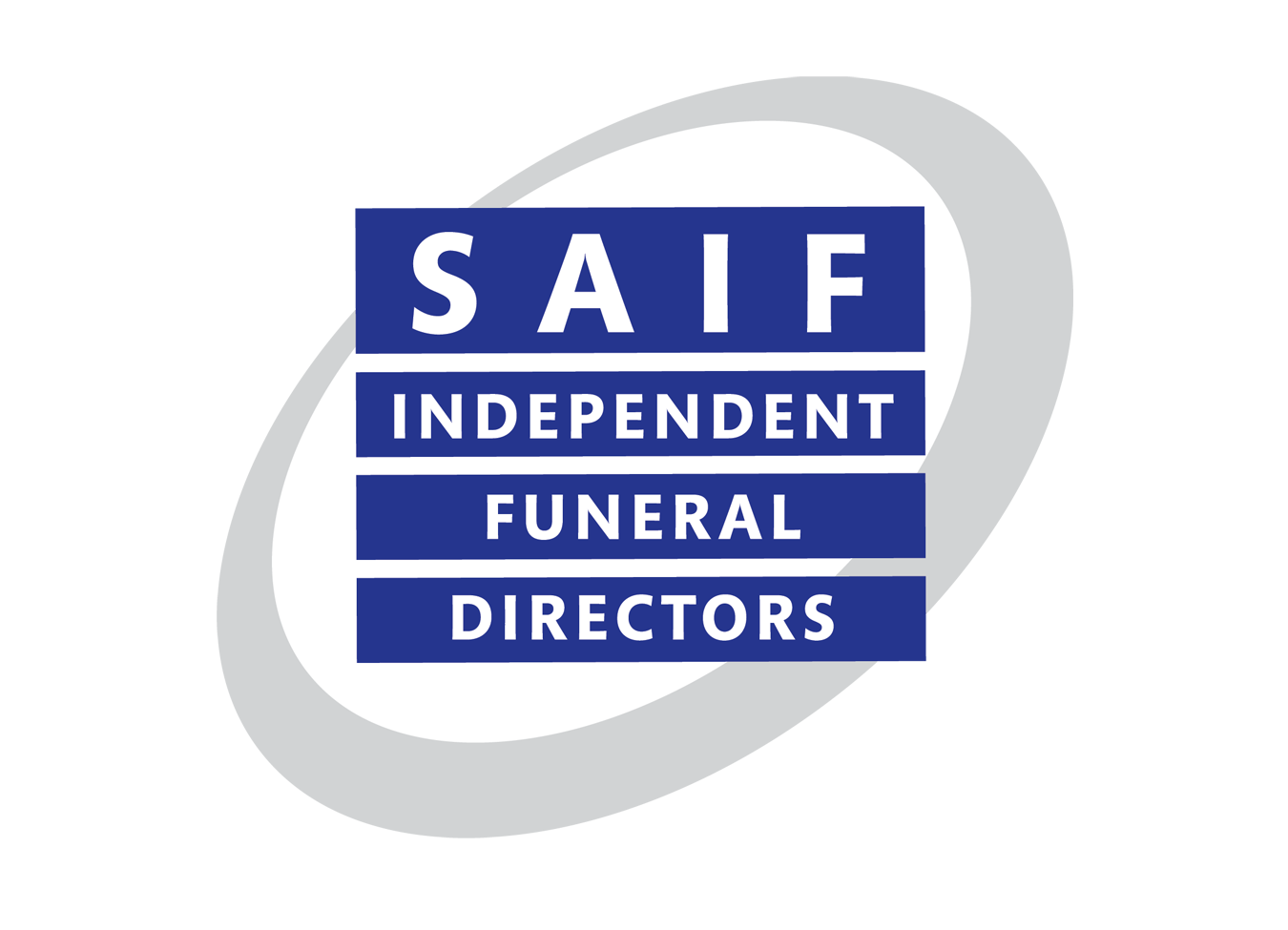SAIF Business Centre update February 2017

Do you have a ‘driving at work’ policy?
In October last year, a lorry driver pleaded guilty to four counts of causing death by dangerous driving and was sentenced to 10 years in prison. The accident was covered widely by the media and should have been a warning to others not to use their mobile phones while driving.
The offending driver’s employer proved it had taken reasonable steps to prevent its staff from using their phones and subsequently did not face criminal charges. Although it’s impossible to stop everyone from ignoring your rules, this case proves that having a ‘driving at work’ policy in place can help protect you.
As well as having the policy in place, you should also strongly consider enforcing disciplinary action and make it clear to your staff that the policy also covers checking texts, emails, social media etc. This is to protect you and your business, as well as your staff’s wellbeing.
It is also worth noting that, since this incident, the police have increased the number of patrols on the lookout for those using their phones while driving. You have been warned.
Health and safety essentials
Brief your staff on computer ergonomics – it’s a legal requirement.
While employers must provide decent furniture equipment and working conditions, ultimately it is the staff themselves who should ensure their seats are adjusted correctly and they have regular eye checks.
Under the Health and Safety (Display Screen Equipment) Regulations 1992, managers must provide training for staff on the use of equipment. This is usually when a new member of staff is employed but should be repeated periodically.
Staff should know how to adjust their chairs and alter their screen’s position, brightness etc. They should also be aware of the importance of regular stretches and breaks. A copy of the staff briefing and a safety training record can be found on the SAIF website in the members’ area.
Where is the Small Business Commissioner?
Major cashflow issues for some SMEs (small and medium enterprises) have been addressed by the Government, forcing it to establish a Small Business Commissioner (SBC).
The SBC has the remit of providing:
• General advice on tackling payment complaints
• An in-house complaints function in respect of payment issues between a small business supplier and a larger business
Unfortunately (no surprise), the SBC has still not been appointed, although the Government is hoping this will take place imminently following their consultation in October last year.
Following the results of the consultation, more information on how businesses can use the SBC’s complaint function are available on the members’ area of the SAIF website. SAIF members will, of course, be updated when the appointment takes place and informed of who is appointed.
Car tax changes – did you know?
The changes – announced by the Chancellor in the 2015 budget – set out that from next year, the first vehicle licence will be calculated on the vehicle’s CO2 emissions.
The majority of vehicles will then move to an annual standard rate of £140 from the second licence.
Cars with zero emissions are exempt and excluded from the new initiative.
However, and this is where funeral company vehicles may well be affected, if a car’s list price is over £40,000 at first registration (after 1 April 2017), the customer will be required to pay the additional rate for five years after the end of the first licence.
Tax rates for vehicles registered before 1 April 2017 will not be affected by this change.
Zero emission vehicles will have a standard rate of £0 but if the list price is more than £40,000, they will pay the additional rate of £310 a year for five years.
For more details, visit the SAIF website or visit www.gov.uk/newvehicletaxrates
Tags: Business Centre, car, Health & SAIFty, Linda Jones, road, SAIF, Small Business Commissioner